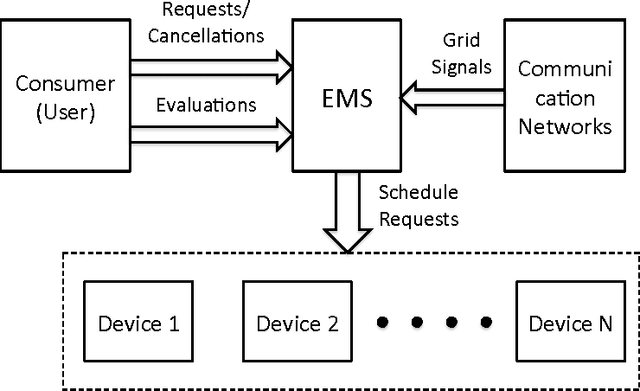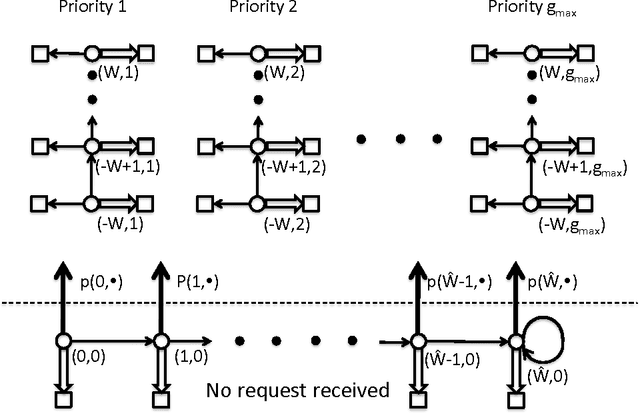Optimal Demand Response Using Device Based Reinforcement Learning
Paper and Code
Jun 28, 2014



Demand response (DR) for residential and small commercial buildings is estimated to account for as much as 65% of the total energy savings potential of DR, and previous work shows that a fully automated Energy Management System (EMS) is a necessary prerequisite to DR in these areas. In this paper, we propose a novel EMS formulation for DR problems in these sectors. Specifically, we formulate a fully automated EMS's rescheduling problem as a reinforcement learning (RL) problem, and argue that this RL problem can be approximately solved by decomposing it over device clusters. Compared with existing formulations, our new formulation (1) does not require explicitly modeling the user's dissatisfaction on job rescheduling, (2) enables the EMS to self-initiate jobs, (3) allows the user to initiate more flexible requests and (4) has a computational complexity linear in the number of devices. We also demonstrate the simulation results of applying Q-learning, one of the most popular and classical RL algorithms, to a representative example.
 Add to Chrome
Add to Chrome Add to Firefox
Add to Firefox Add to Edge
Add to Edge